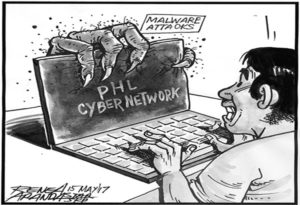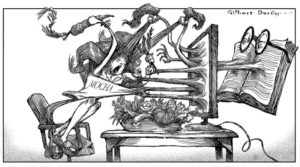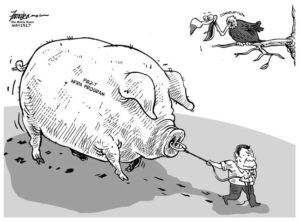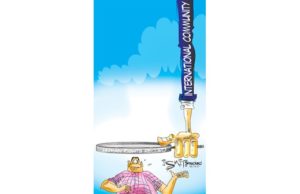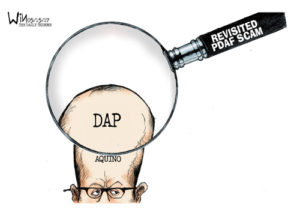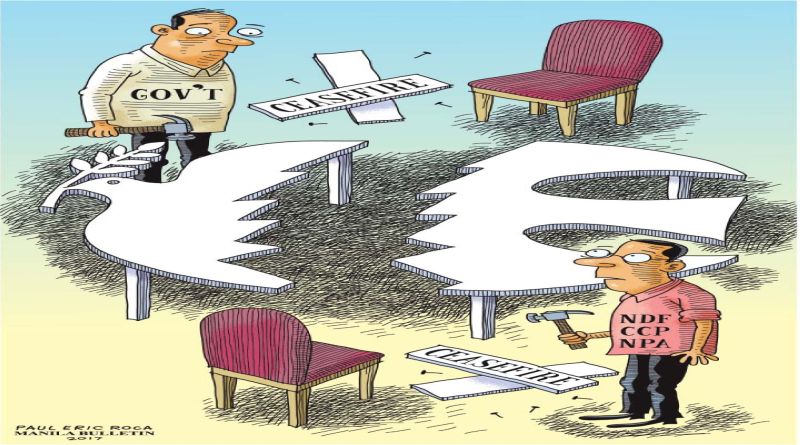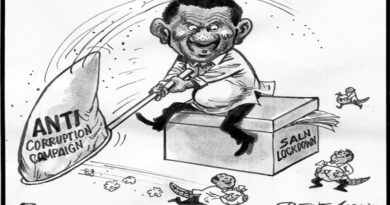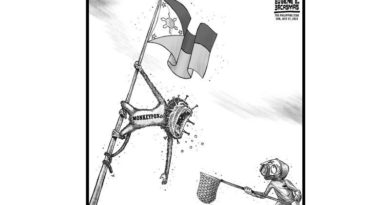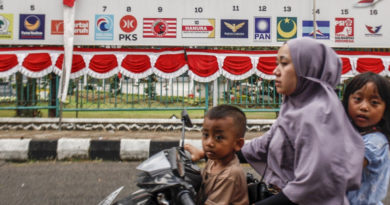Simultaneous unilateral ceasefires will help
Secretary Silvestre Bello III, chairman of the Philippine government’s negotiating panel in the peace talks with the National Democratic Front-Communist Party of the Philippines-New People’s Army (NDF-CPP-NPA), said he had a dinner meeting with NDF chief negotiator Fred Agcaoili, at which he appealed that the other side “lessen the violence.”
When the two sides began their talks in Oslo, Norway, in August, 2016, they declared unilateral ceasefires, pending agreement on a unified ceasefire. They made good progress on two groups of basic issues – political and constitutional reforms and socio-economic reforms.
But they never got around to crafting a unified ceasefire agreement. Each side soon claimed violations by the other side and the official negotiations broke down last February. Still, back-channel talks continued and new efforts will be made once again when the two peace panels meet on May 26, this time in Noordwijk ann Zee, Netherlands.
Looking forward to this renewal of talks, Secretary Bello said he asked Agcaoili that the NPA reduce its attacks. “I told him the peace talks are not only about talks across the table. We have a bigger table and that is the people. If the people lose their confidence in our talks, we will lose their support. We would no longer have a mandate to negotiate with you.”
A few days ago, Jose Ma. Sison, founding chairman of the Communist Party of the Philippines, who is in Utrecht, Netherlands, in an exclusive interview with Manila Bulletin editors by Skype, said the negotiators in the Netherlands do not have any control over the fighting forces of the NPA in the Philippines. The NDF-CPP-NPA leaders give orders and instructions to the negotiators, he explained.
The Philippine government’s appeal for “less violence” so as to foster a more conducive atmosphere for peace talks should, therefore, be made directly to the NDF-CPP-NPA who continue to direct the ongoing operations in the field.
This clarification on lines of authority should not hamper the continued holding of the peace talks. Much progress is reportedly being made on the fundamental issues of political-constitutional and socio-economic reforms. There is real hope that the Communist rebellion, which has been going on for 49 years now, will finally end with the initiative taken by President Duterte.
It will help immensely if both sides will now take special efforts to avoid clashes, attacks, and all other forms of violence. If they cannot yet agree on a joint bilateral ceasefire, they can declare simultaneous unilateral ceasefires and exert all possible efforts to stick to them in the face of provocations.
